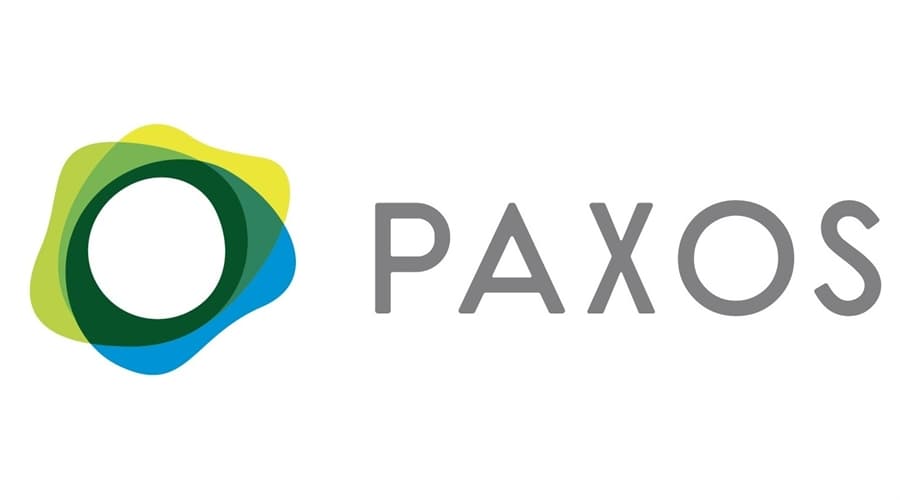Paxos Renews Bid for National Trust Bank Charter, Joins Circle and Ripple in Federal Push

Paxos Trust Company, a prominent stablecoin issuer, has reapplied for a national bank trust charter with the U.S. Office of the Comptroller of the Currency (OCC). This move positions Paxos alongside other major stablecoin firms, Circle and Ripple, which have also sought federal regulatory oversight, signaling a growing trend within the digital asset industry. The application aims to convert Paxos's existing New York Department of Financial Services (NYDFS) trust charter into a federal one.
The company, known for issuing PayPal’s PYUSD stablecoin, previously received conditional approval for a national trust bank charter in 2021, but that approval expired in March 2023. This renewed application underscores Paxos's persistent effort to operate under a unified federal regulatory framework, which would allow it to manage and hold customer assets nationwide. Unlike traditional banks, this charter would not permit Paxos to accept cash deposits or offer loans.
Charles Cascarilla, CEO and co-founder of Paxos, stated, "By applying for a national trust bank charter, we are continuing to offer enterprise partners and consumers the safest, most trusted infrastructure available." This pursuit of federal oversight also follows a recent $48.5 million settlement with the NYDFS over alleged anti-money laundering compliance failures, with the company aiming to strengthen its compliance profile.
The applications from Paxos, Circle (issuer of USDC), and Ripple (issuer of RLUSD) highlight a broader industry shift towards greater regulatory alignment. This trend is further bolstered by the recent signing of the GENIUS Act by President Donald Trump, which introduces new federal rules for stablecoin issuers. Currently, Anchorage Digital remains the sole U.S.-based digital asset platform holding a national trust bank charter. The outcome of these applications could significantly shape the integration of blockchain technology into the U.S. financial system.